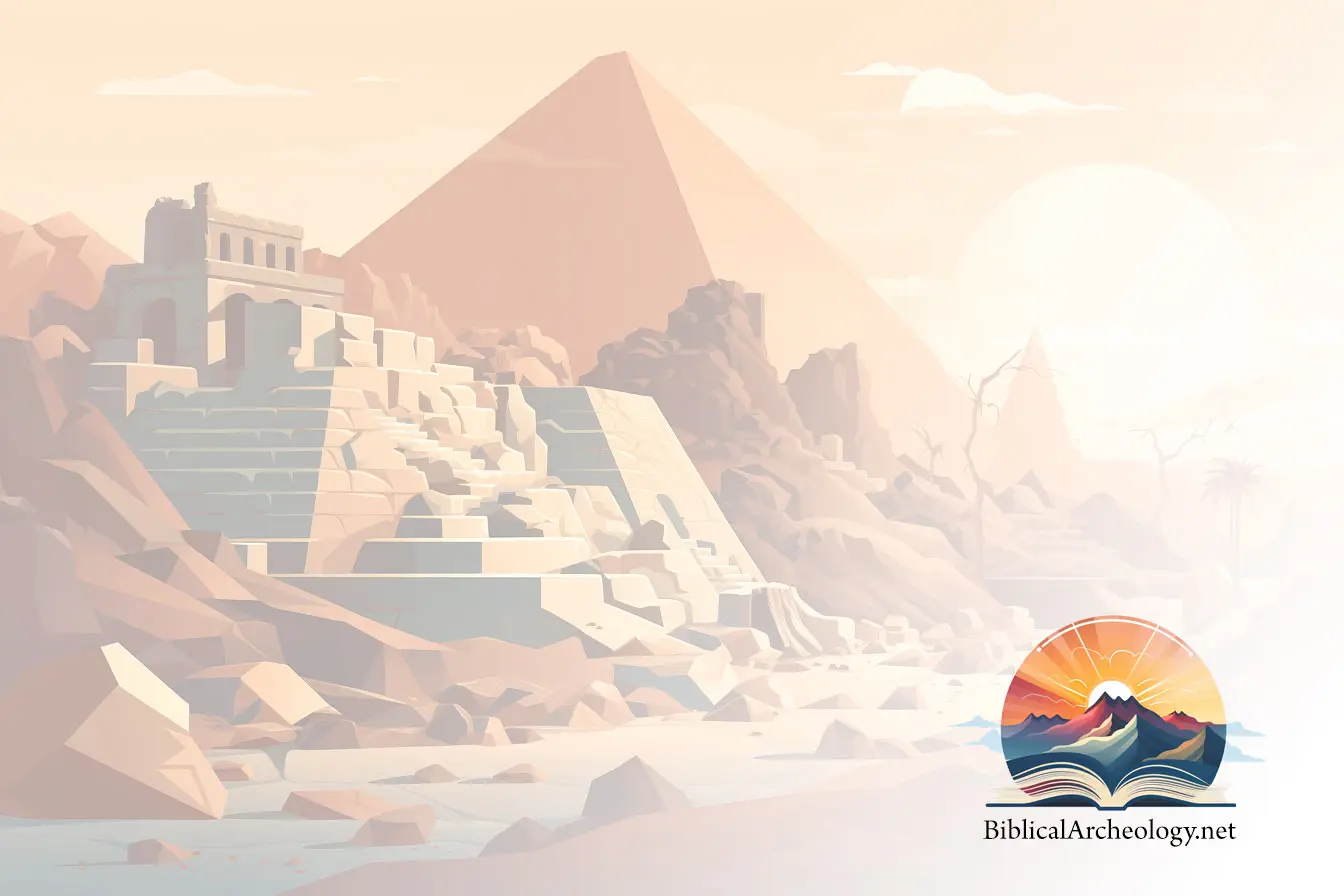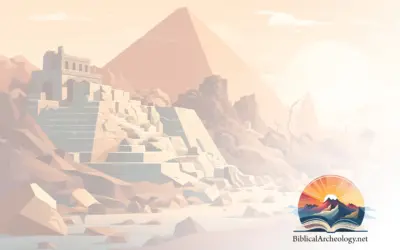Archeology Free Online Course 1, Lesson 1
Archaeology: An Introduction
Archaeology, archeology, or archæology (from Greek: αρχαιολογία – archaiologia, from αρχαίος – archaios, “primal, ancient, old” and λόγος – logos, “study”) is the science that studies human cultures through the recovery, documentation, analysis and interpretation of material remains and environmental data, including architecture, artifacts, features, biofacts, and landscapes. Because archaeology’s aim is to understand mankind, it is a humanistic endeavor.
The goals of archaeology vary, and there is debate as to what its aims and responsibilities are. Some goals include the documentation and explanation of the origins and development of human cultures, understanding culture history, chronicling cultural evolution, and studying human behavior and ecology, for both prehistoric and historic societies. Archaeologists are also concerned with the study of methods used in the discipline, and the theoretical and philosophical underpinnings underlying the questions archaeologists ask of the past. The tasks of surveying areas in order to find new sites, excavating sites in order to recover cultural remains, classification, analysis, and preservation are all important phases of the archaeological process. These are all important sources of information. Given the broad scope of the discipline there is a great deal of cross-disciplinary research in archaeology. It draws upon anthropology, history, art history, classics, ethnology, geography, geology, physics, information sciences, chemistry, statistics, paleoecology, paleontology, paleozoology, paleoethnobotany, paleobotany .
Origins and definitions: In parts of Europe and the Old World, the discipline has its roots in antiquarianism and the study of Latin and Ancient Greek, and so has a natural affinity with the field of history.
Archaeology in ancient China developed from antiquarian pursuits as well, specifically from the scholar-official’s desires to revive the use of ancient relics in state ritual. This pursuit of his Chinese peers was criticized by Shen Kuo (1031–1095), who asserted that archaeology should be the pursuit of studying functionality, discovering the methods of manufacture from ancient times, and should be studied with an interdisciplinary approach. Yet there were others who took the discipline as seriously as Shen; the official, historian, poet, and essayist Ouyang Xiu (1007–1072) compiled an analytical catalogue of ancient rubbings on stone and bronze which pioneered ideas in early epigraphy and archaeology.
In North America archaeology is one of the four sub-fields, or branches of anthropology. The other three branches are cultural anthropology, the study of living cultures and societies; linguistics, the study of language, including the origins of language and language groups; and physical anthropology, includes the study of human evolution and physical and genetic characteristics.
Importance and applicability: Often archaeology provides the only means to learn of the existence and behaviors of people of the past. Across the millennia many thousands of cultures and societies and billions of people have come and gone of which there is little or no written record or existing records are misrepresentative or incomplete. Writing as it is known today did not exist in human civilization until the 4th millennium BC, in a relatively small number of technologically advanced civilizations. In contrast Homo sapiens has existed for at least 200,000 years, and other species of Homo for millions of years (see Human evolution). These civilizations are, not coincidentally, the best-known; they are open to the inquiry of historians for centuries, while the study of pre-historic cultures has arisen only recently. Even within a literate civilization many events and important human practices are not officially recorded. Any knowledge of the early years of human civilization – the development of agriculture, cult practices of folk religion, the rise of the first cities – must come from archaeology.
Even where written records do exist, they are often incomplete and invariably biased to some extent. In many societies, literacy was restricted to the elite classes, such as the clergy or the bureaucracy of court or temple. The literacy even of aristocrats has sometimes been restricted to deeds and contracts. The interests and world-view of elites are often quite different from the lives and interests of the populace. Writings that were produced by people more representative of the general population were unlikely to find their way into libraries and be preserved there for posterity. Thus, written records tend to reflect the biases, assumptions, cultural values and possibly deceptions of a limited range of individuals, usually only a fraction of the larger population. Hence, written records cannot be trusted as a sole source. The material record is closer to a fair representation of society, though it is subject to its own inaccuracies, such as sampling bias and differential preservation.
In addition to their scientific importance, archaeological remains sometimes have political or cultural significance to descendants of the people who produced them, monetary value to collectors, or simply strong aesthetic appeal. Many people identify archaeology with the recovery of such aesthetic, religious, political, or economic treasures rather than with the reconstruction of past societies.
This view is often espoused in works of popular fiction, such as Raiders of the Lost Ark, The Mummy, and King Solomon’s Mines. When such unrealistic subjects are treated more seriously, accusations of pseudoscience are invariably levelled at their proponents. However, these endeavours, real and fictional, are not representative of modern archaeology. [GFDL Source and Copyright]
Archeology Course 1, Lesson 1
Archaeology: An Introduction


